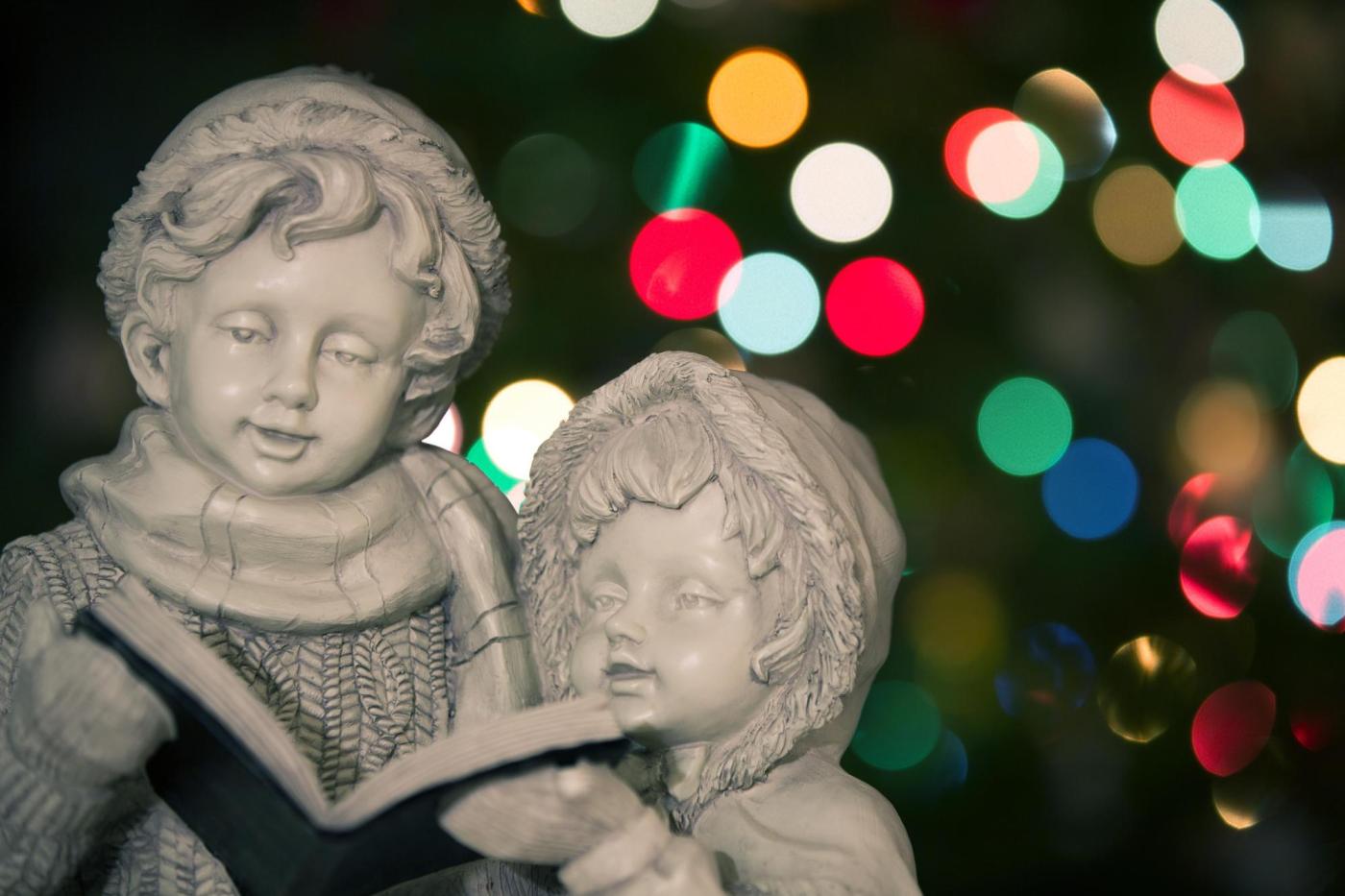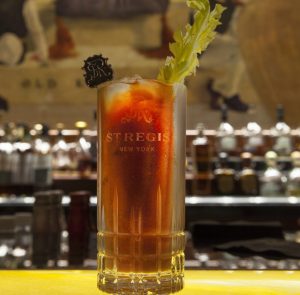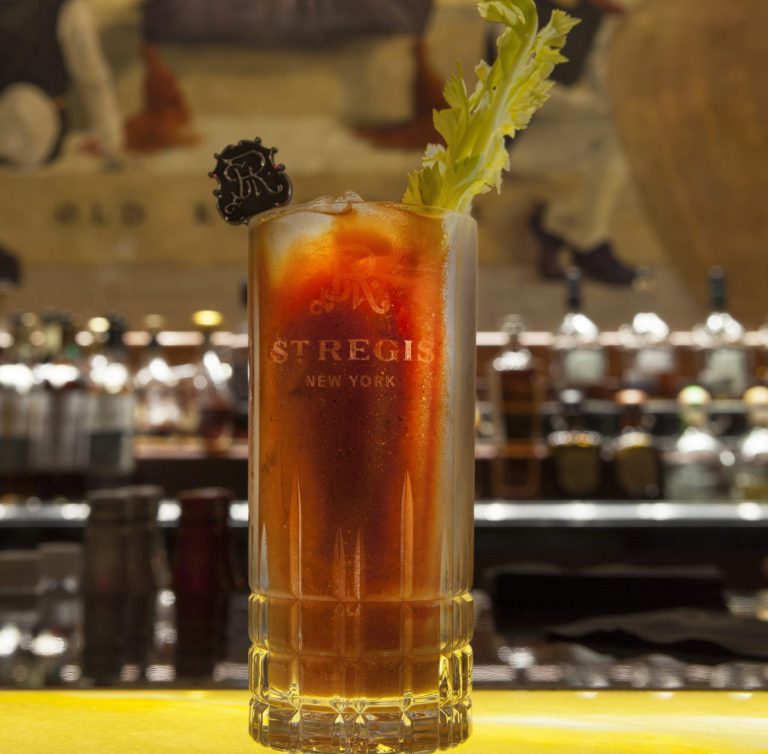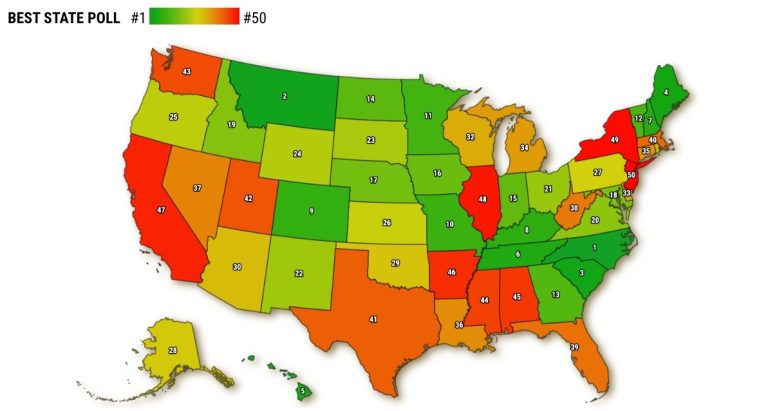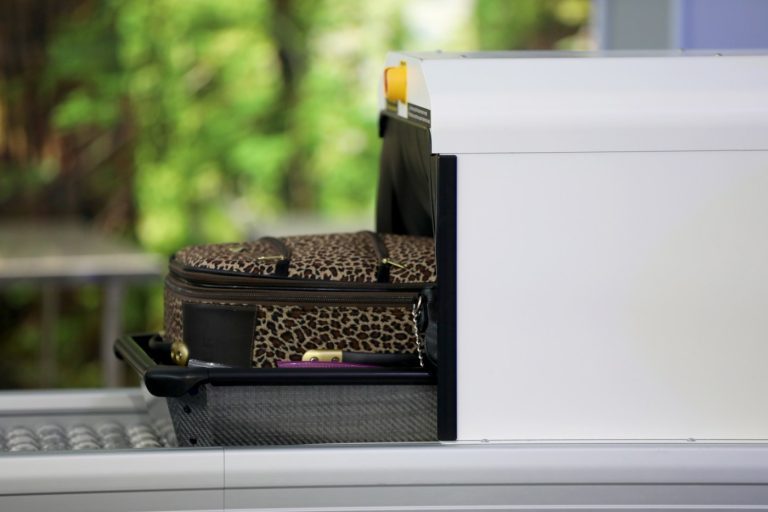Michael Merschel | (TNS) American Heart Association News
When you hear a favorite holiday tune, you might not immediately connect it with CPR.
Related Articles
Working Well: When holidays present rude customers, taking breaks and the high road preserve peace
Wish Book: California Clubhouse helps Bay Area adults with mental illness find their way back
Former California VA employee suspected of killing former boss talked of work difficulties, co-worker says
California city declares local emergency over impacts from homeless encampments
Santa Clara County becomes first county in the nation to approve oversight committee for residential care facilities
But there’s an easy-to-understand reason why you might want to start, said Dr. John W. Hafner, a clinical professor of emergency medicine at the University of Illinois Chicago College of Medicine Peoria.
“You can really save a life just by doing simple chest compressions and pushing hard and pushing fast,” he said. “And music can help you remember how fast is fast.”
According to American Heart Association estimates, each year in the United States, roughly 350,000 people not in hospitals have a cardiac arrest, where the heart suddenly stops beating. CPR, if performed immediately, can double or triple a person’s odds of survival by sending blood to the brain and other vital organs. But only an estimated 40% of people receive bystander CPR.
The first steps in performing CPR don’t involve music. “Anytime someone collapses, and you can’t wake them up, you need to immediately contact 911,” Hafner said. Dispatchers can walk you through the steps of giving CPR, even if you haven’t been trained.
While someone else fetches an automated external defibrillator, or AED, if one is nearby, you’ll place the heel of one hand in the center of the chest at the nipple line. Place the other hand on top and interlock the fingers. Start pushing hard at a rate between 100 and 120 beats per minute.
Don’t worry about being perfect, Hafner said. But that beat is important. “When you go too fast, the heart doesn’t have enough time to fill with blood, and if you go too slow, you’re not getting enough output. So you want to be in that sweet spot of between 100 and 120 compressions per minute.”
This is where having a bit of music in mind comes in handy. “In order to facilitate that, you need some sort of internal metronome,” Hafner said. “And everybody can hum a song in their head.”
Hafner led a 2015 study published in the Journal of Emergency Medicine showing how people trained in CPR performed better when they were taught to use the cadence of the Bee Gees’ “Stayin’ Alive,” which has a tempo of 100 bpm. Since then, many other songs have been touted as potential lifesavers.
Dr. Jeffrey L. Pellegrino, an associate professor of emergency management and homeland security at the University of Akron in Ohio, said the technique of using familiar music with CPR training works for a couple of reasons.
On the front end, it helps during the training, said Pellegrino, who led a 2021 review of studies that looked at the value of using songs in CPR classes. If a student already knows the song, he said, it speeds up the learning process.
And amid the stress of an actual emergency, “if we can recall something that we already know, it’s a shorter trip for our nervous system,” Pellegrino said. “So we react to it better, ideally.”
The range of 100 bpm to 120 bpm is a “sweet spot” that allows for the fact that not everybody will have perfect rhythm, he said. (People tend to push more slowly than the actual songs.)
But to be fully prepared, you do need to know more than just the catchy tunes.
“Rate is just one of the quality components of CPR,” Pellegrino said. And while online videos such as those from the AHA can provide the basics, hands-on training offers important practice in factors such as how deep to push (at least 2 inches). An easy stocking stuffer, he said, would be to gift someone a training course. Or, before the big game or after a meal, bring in a CPR instructor to go over skills.
Learning CPR is especially important if you live with someone who might be at risk for cardiac arrest, Hafner said. And anyone can perform CPR.
“You don’t have to be an adult to do this,” Hafner said. ” Kids can do this. Teenagers can do this. It’s effective and helpful and truly makes a difference.”
So, cue the music. But first, one thing to note is that everybody has their preferred version of holiday classics, and pacing varies by performer. So, while your personal playlist is free to include “Little Drummer Boy” by both Andy Williams and Jimi Hendrix, those are too slow for CPR, while versions by Justin Bieber and New Kids on the Block are too fast. But Bing Crosby’s solo version (113 bpm) has the right beat.
Here are some holiday-themed songs with 100 to 120 beats per minute for performing CPR:
“Jingle Bell Rock” by Bobby Helms (120 bpm)
“I Am the Grinch” by Tyler, the Creator featuring Fletcher Jones (115 bpm)
“Jingle Bells” by Duke Ellington (109 bpm)
“El Burrito de Belén” (also known as “Mi Burrito Sabanero”) by La Rondallita (105 bpm)
“Happy Joyous Hanuka” by the Klezmatics (116 bpm)
“Snowman” by Sia (105 bpm)
“Last Christmas” by Wham! (108 bpm)
“Here Comes Santa Claus (Right Down Santa Claus Lane)” by Mariah Carey featuring Snoop Dogg and Jermaine Dupri (109 bpm)
“Eight Days of Christmas” by Destiny’s Child (100 bpm)
“Merry Christmas, Happy Holidays” by NSYNC (105 bpm)
“Up on the Housetop” by Pentatonix (102 bpm)
“Santa Doesn’t Know You Like I Do” by Sabrina Carpenter (100 bpm)
“Over the River and Through the Woods” by Alvin and the Chipmunks (109 bpm)
“Grandma Got Run Over by a Reindeer” by Elmo and Patsy (110 bpm)
“Where Are You Christmas?” by Faith Hill (109 bpm)
“Candlelight” by the Maccabeats (120 bpm)
“Ay, Ay, Ay It’s Christmas” by Ricky Martin (112 bpm)
“Winter Wonderland” by Ray Charles (110 bpm)
“Dreidel” by Erran Baron Cohen featuring Jules Brookes (105 bpm)
“Christmas Time Is Here” by John Legend (112 bpm)
And just to keep the things pumping on New Year’s Eve, here are a few bonus tracks:
“In the Midnight Hour” by Wilson Pickett (112 bpm)
“Dance the Night” by Dua Lipa (110 bpm)
“The Final Countdown” by Europe (118 bpm)
“Same Old Lang Syne” by Dan Fogelberg (108 bpm)
“1999” by Prince (119 bpm)
American Heart Association News covers heart and brain health. Not all views expressed in this story reflect the official position of the American Heart Association. Copyright is owned or held by the American Heart Association, Inc., and all rights are reserved.
©2024 American Heart Association, Inc., distributed by Tribune Content Agency, LLC
